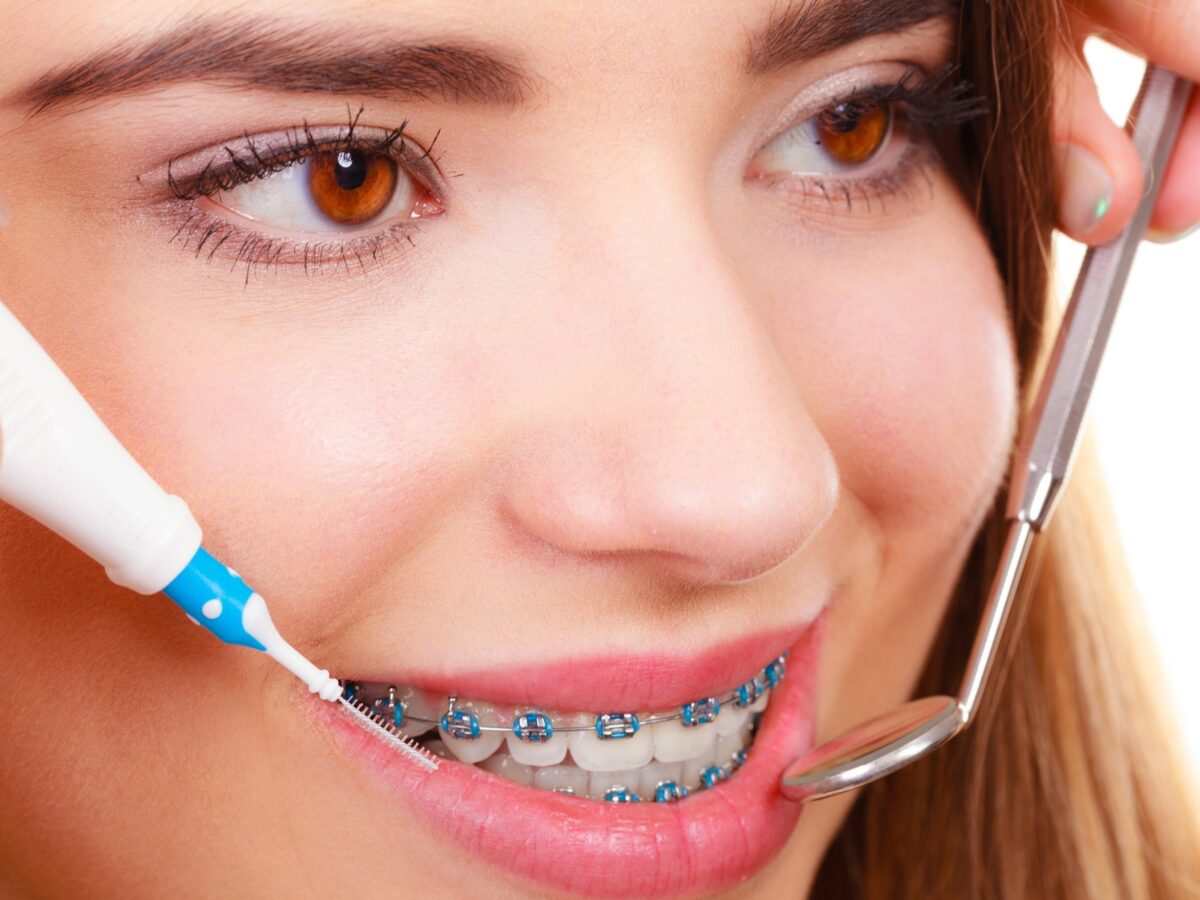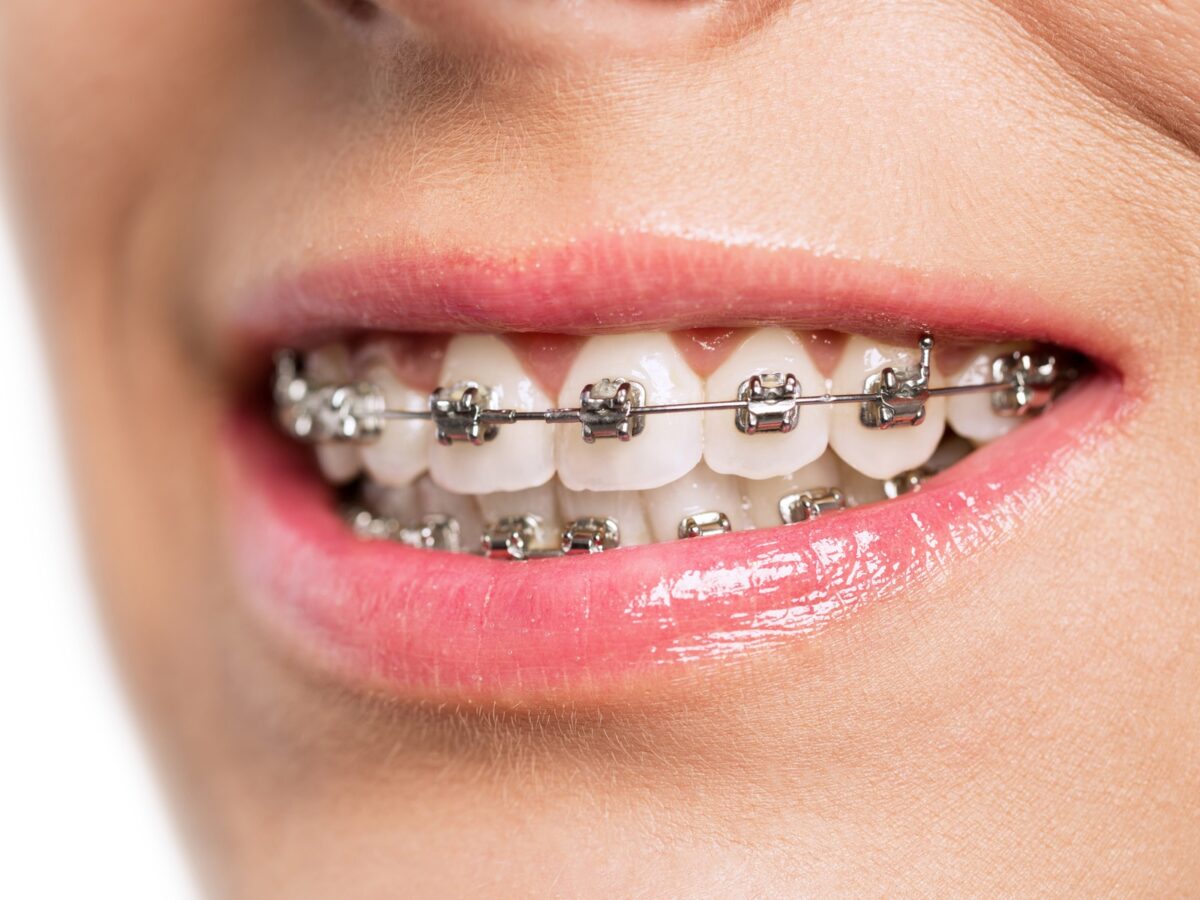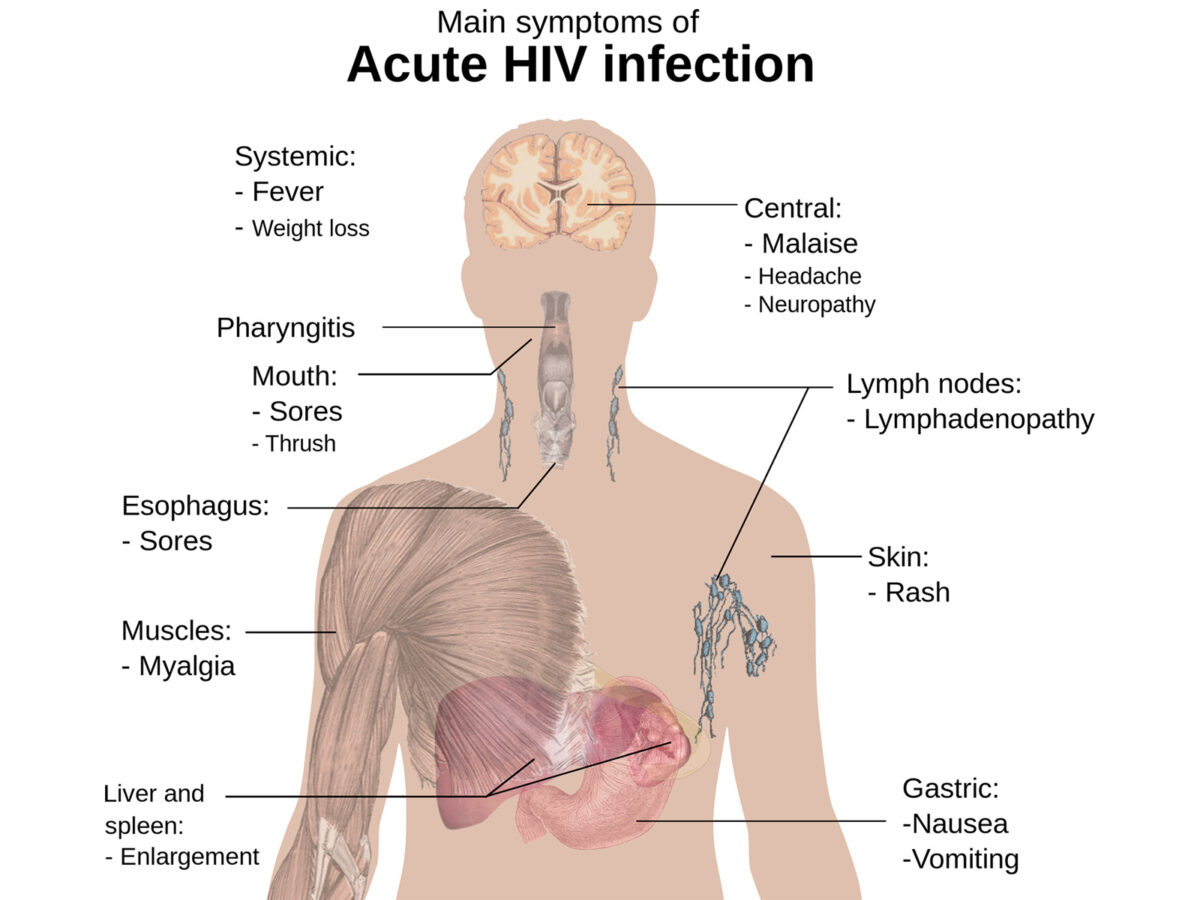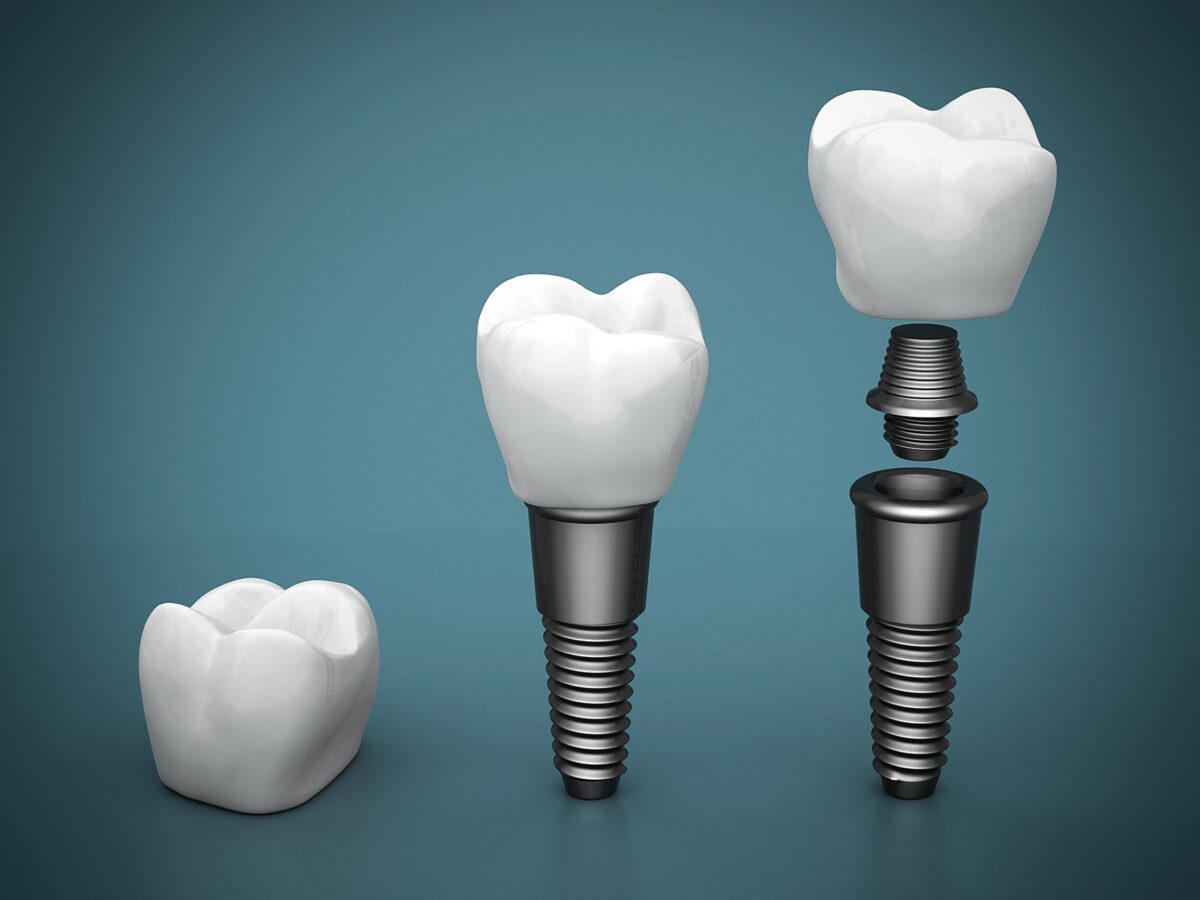Adults across the globe are increasingly interested in improving their smiles by considering dental braces. Regardless of what you might look or sound like for a short period with the dental braces on, make sure to consider the long-term effect you will have by getting braces.
For many individuals, teeth grow crooked or crowded when the teeth move into new positions as adults.
Braces fit over the teeth to gradually pull and push them into an aligned straighter position over time.
If you are a singer and consider having braces, you may be concerned that they will affect your singing ability.
How do braces affect the voice?
Braces have the potential to affect the singing voice a little bit; more specifically the diction and resonance. But whether it does or not depends on the shape of the mouth, what is being changed and how much the teeth are being moved.
Each orthodontic plan is different for every individual’s necessities. So, the treatment for you will most likely be different from that of others.
You may only need braces for a brief period, or you may need one of a few teeth removed before having your braces fitted. Or then again you may require dental surgery and jaw realignment work done.
Generally, the more work that’s needed, the more likely it is it will affect your voice- but it should be positive!
Can braces make a difference to your singing voice?
Braces on their own will have less of an effect on the singing voice than the rest of the dental work that may be needed to fit them.
By altering the cavity space and shape in the mouth, your voice resonates differently. Thus, a few teeth shifting slightly, won’t make a huge difference. However, long-term braces that entirely realign your jaw shape may create a slightly different tone.
Orthodontics can help make your voice better
In conclusion, even though braces require some adaptation, then, for sure, they will not affect your singing voice. Subsequent to correcting your teeth, your voice will get even better. Singing is typically impacted by the vocal cords, so if the vocal cords are healthy, then you shouldn’t need to stress.
Schedule your appointment with a dentist today and get the treatment on time!





